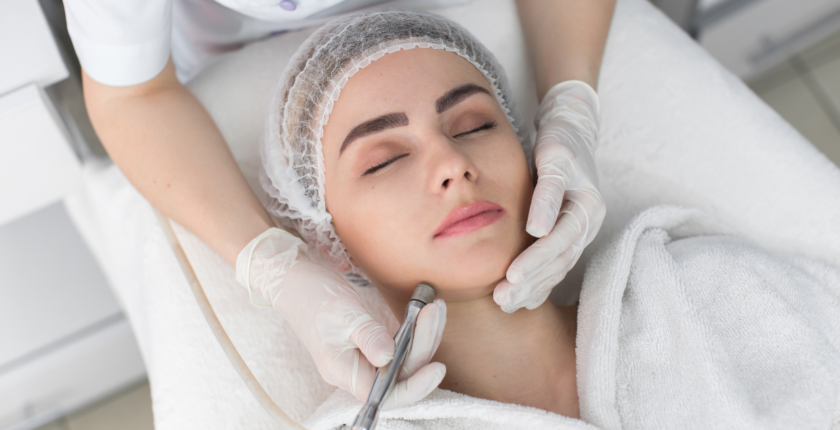What is a Facial Therapist ?
Understanding Facial Therapy
Definition and Scope
Facial therapy encompasses a specialized field within skincare that involves professional practitioners, known as facial therapists, who employ various techniques to rejuvenate and enhance the skin’s health and appearance. These professionals undergo rigorous training, mastering a diverse range of treatments tailored to meet individual skin concerns.
Role of a Facial Therapist
A facial therapist’s primary role revolves around evaluating a client’s skin condition, understanding their concerns, and devising personalized treatment plans. These plans often include a combination of techniques such as cleansing, exfoliation, extraction, massage, masks, and moisturization, depending on the client’s skin type and requirements.
Techniques Employed by Facial Therapists
Cleansing and Exfoliation
The process typically initiates with thorough cleansing to remove impurities, followed by gentle exfoliation to slough off dead skin cells, promoting skin renewal and a refreshed complexion.
Extraction and Massage
Facial therapists are skilled in performing gentle extractions to clear clogged pores, mitigating acne and blackheads. Moreover, specialized massage techniques enhance blood circulation, relax facial muscles, and promote lymphatic drainage, contributing to a more youthful appearance.
Masks and Moisturization
Applying customized masks catered to specific skin needs and concluding with appropriate moisturization helps lock in hydration, nourish the skin, and create a lasting glow.
Benefits of Facial Therapy
Enhanced Skincare Results
The tailored approach of facial therapists ensures that treatments align with individual skin concerns, yielding more effective and noticeable results compared to generic skincare routines.
Stress Relief and Relaxation
Beyond skincare, facial therapy offers a serene and calming experience. The gentle massage techniques not only benefit the skin but also relax facial muscles, alleviating stress and promoting overall well-being.
Professional Guidance and Advice
Facial therapists serve as knowledgeable guides, educating clients about their skin type, providing insights into proper skincare routines, and recommending suitable products for at-home maintenance.
Boosted Confidence and Self-Care
The positive effects of facial therapy extend beyond physical appearance, fostering a sense of confidence and self-care. Clearer, healthier skin often leads to increased self-esteem and a more positive self-image.
Holistic Wellness and Facial Therapy
Mind-Body Connection
Facial therapy’s impact transcends skin deep. The intimate connection between mind and body becomes evident as clients experience relaxation, reduced stress, and a rejuvenated outlook.
Self-Care Rituals and Mental Health
Engaging in regular facial therapy sessions cultivates a self-care ritual that positively impacts mental health. The act of prioritizing oneself and indulging in a relaxing treatment fosters a healthier mindset and reduces anxiety levels.
In essence, facial therapy emerges as an invaluable asset in the pursuit of healthy, radiant skin and holistic well-being. The expertise, personalized care, and multitude of benefits it offers elevate it beyond a mere beauty treatment. Embracing the services of a skilled facial therapist not only enhances one’s skincare routine but also fosters a deeper connection between self-care and overall wellness, nurturing a balanced and rejuvenated self.
Facial therapists play an indispensable role in guiding individuals toward healthier skin and a more profound sense of self-appreciation. Their techniques and dedication transform skincare from a mundane routine into a luxurious and transformative experience.


